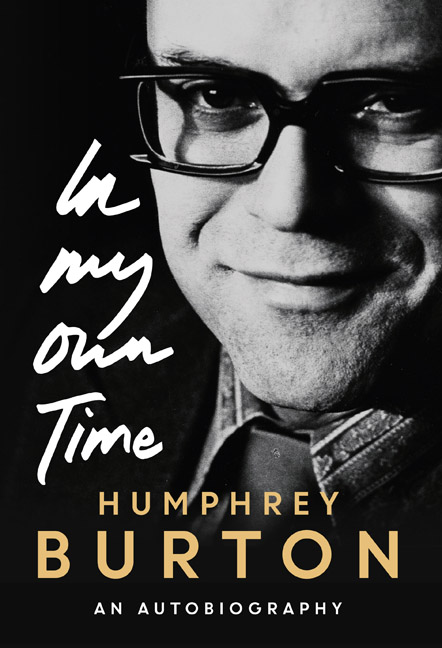Summary
I NEVER REGRETTED postponing the start of my working life by doing a year of research in France. The title of my government scholarship was pompous – ‘boursier du Gouvernement Français’ – scholar of the French Government – but it offered five months of study in France, later extended to a full year, with all expenses paid. It was a godsend for somebody as lacking in self-confidence as I was, despite my local successes at the Fitzwilliam clubs and the university music club. I was quite serious about my research: taking my cue from the historian Lewis Namier, who used statistics to chart the rise of the English middle class in the eighteenth century, I proposed to examine the records of the académies de musique in cities of various sizes; inspired by Namier, I would list their memberships, which were partly aristocratic and partly the well-to-do bourgeoisie, and add to the statistics the titles of the operas they performed – mostly last year's Paris hits, more often than not composed by Rameau – and the professional singers recruited from the metropolis who were hired for short seasons. Maybe it was the attaché culturel, Tony Mayer, who prompted me to select three towns in Provence – he owned a house east of Avignon in the attractive hill village of Menerbes. I would perhaps have done a more thorough job had I moved around the regions and researched major cultural centres such as Bordeaux or Lyon, but it was more fun to stay in a single area, especially since Provence boasted the nation's warmest autumns.
My first port of call, Avignon, had actually not been a French town in the eighteenth century but an independent city state owned by the Vatican; it was the seat of the schismatic popes in medieval times and boasted a magnificent papal palace which I had explored two summers earlier on our French motoring expedition. When we visited the palace, Louis Halsey had sung an arpeggio in the high-vaulted hall and his fine countertenor voice had reverberated around the rafters for at least ten seconds. A group of American visitors paused to express their admiration and I heard myself boasting that ‘Mr Halsey is a graduate of King's College.’ ‘No! Not King's College, Tennessee?’ gasped one of the Southern matrons in awe.
- Type
- Chapter
- Information
- Humphrey Burton In My Own TimeAn Autobiography, pp. 93 - 104Publisher: Boydell & BrewerPrint publication year: 2021



